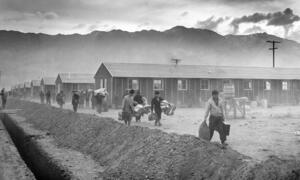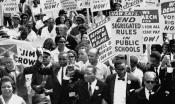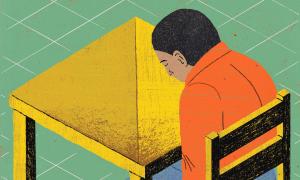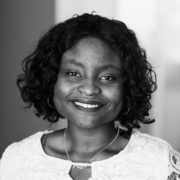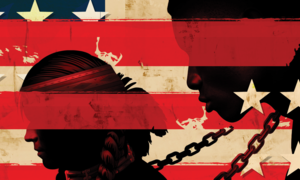text
Informational
Testimony Before the Credentials Committee, Democratic National Convention
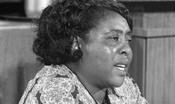
In this transcript, Fanny Lou Hamer describes the way in which she was forced to leave the plantation where she worked as as sharecropper for 18 years, was arrested and was beaten--all on account of trying to register to vote.
July 3, 2014
